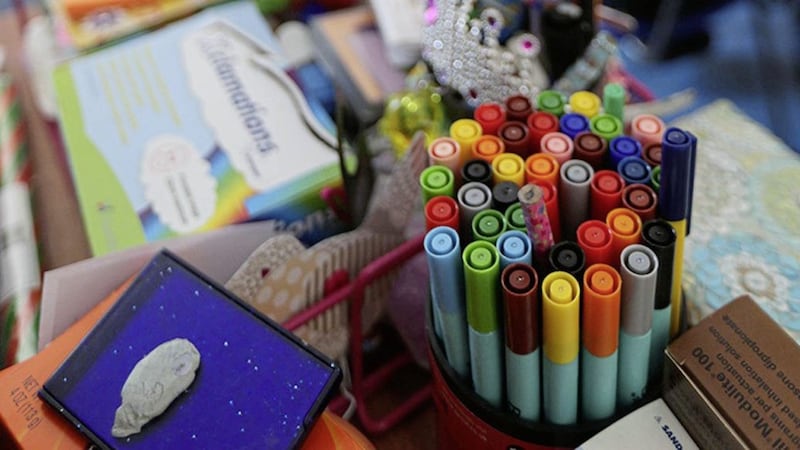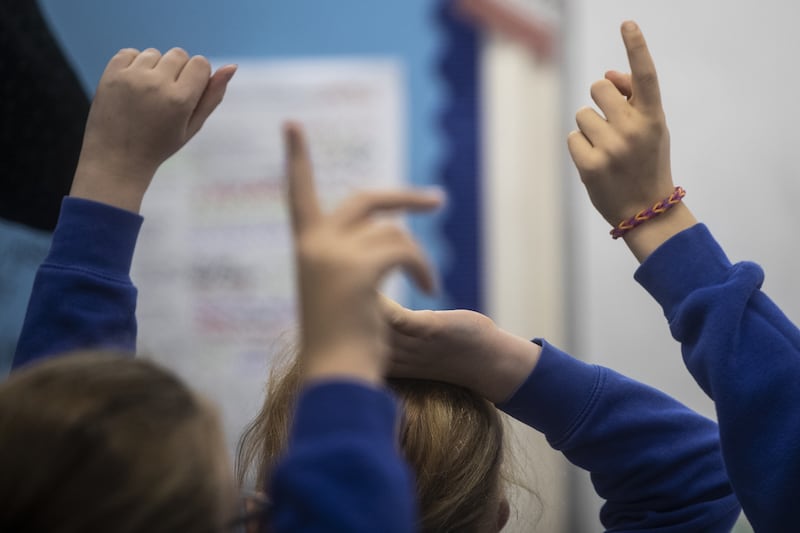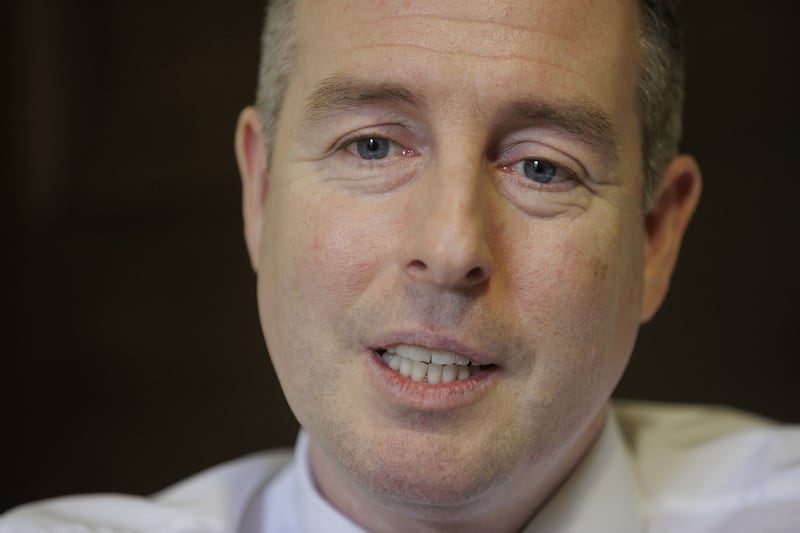VULNERABLE young people are being exposed to distress, anxiety and pushed towards self-harm, families have warned.
Parents said processes for children with special educational needs were causing "physical and emotional harm".
A recently-formed group this week brought its concerns to the Department of Education.
The number of children with SEN in schools has risen by almost 30,000 in a decade and a half.
Almost one in every four pupils now has SEN, with a handful of schools educating 200 or more children.
Experts say the massive increase is partly due to earlier and better identification.
In addition, the department has a policy of inclusion, which has seen many more pupils having their needs met in mainstream settings.
Unions argue, however, that teachers are not equipped to give children with increasingly complex needs what they require.
Now, a group called SEN Equity has presented survey findings to department Permanent Secretary Derek Baker.
It asked parents to highlight problems and negative experiences encountered when seeking support for children.
The findings showed almost half claimed there was no dedicated support for their child in school. Many also said the statements detailing their children's needs were wrong.
More than 80 per cent said their child suffered anxiety due to their situation.
Paul McDonald said SEN Equity aimed to "raise the visibility" of what was happening to children and families.
"For too long this has been accepted as just the way it is as `everyone knows you have to fight for support'," he said.
"This is now the well-used phrase to make it easier to look the other way, while that fight is happening the most vulnerable are exposed to distress, anxiety and pushed towards self-harm, been harmed through restraint in school or excluded altogether.
"This has to become an unacceptable position for any child to find themselves in with the very system paid to help, harming them."
A department spokeswoman said Mr Baker met several assembly members and representatives from the SEN Equity group and "listened carefully to their presentation on survey findings and their experiences".
"Mr Baker found the meeting useful in understanding better some of the issues facing some parents and undertook to reflect on what he heard as part of the work that is currently under way in the Department of Education and its partner organisations to implement the provisions of Northern Ireland's special education needs and disability legislation and to deliver improved services," she said.








